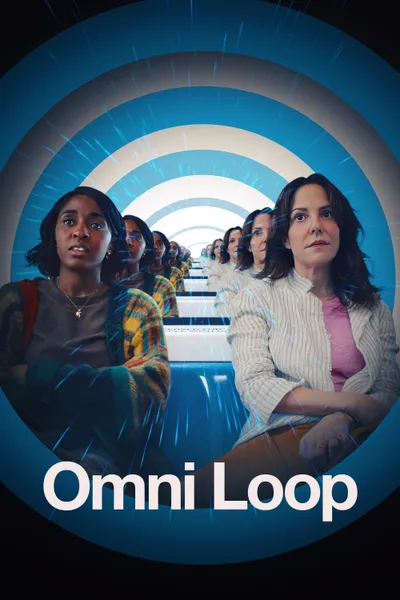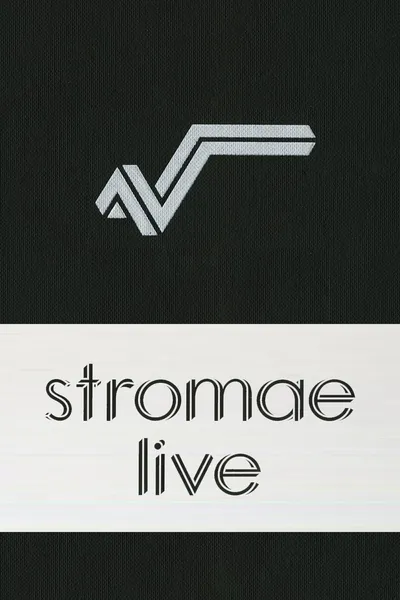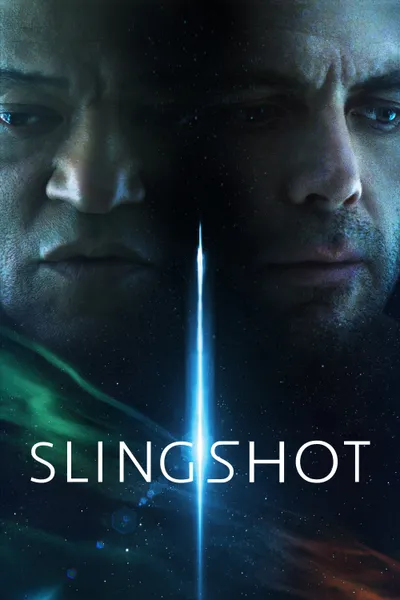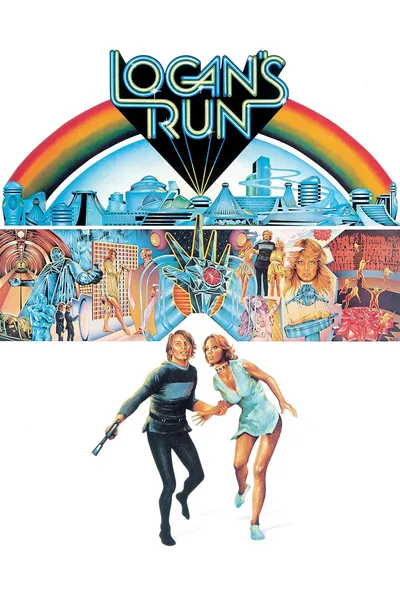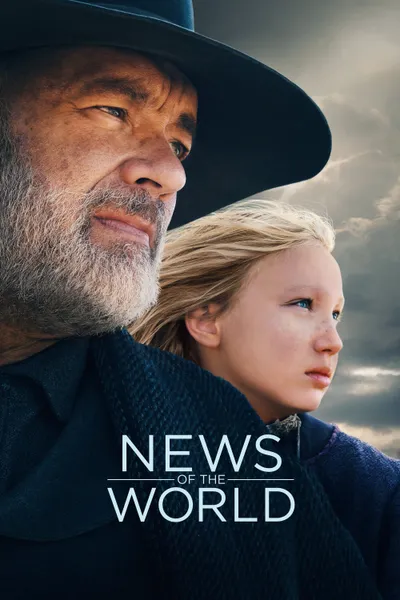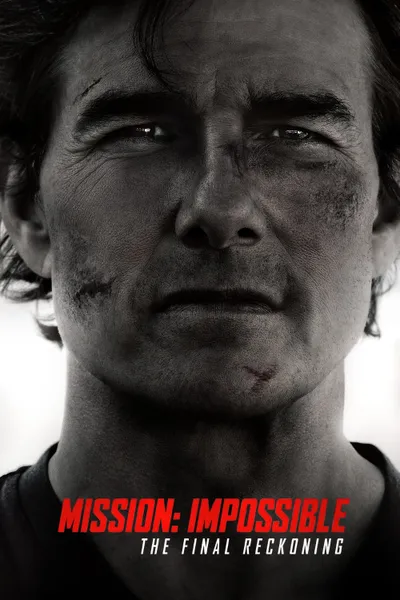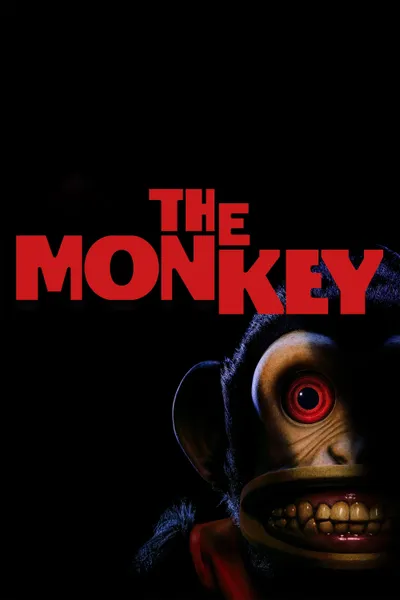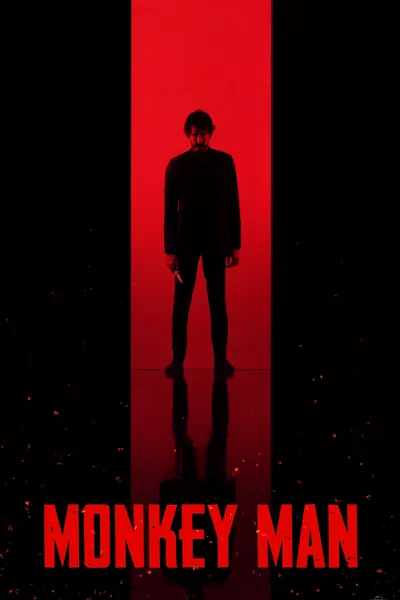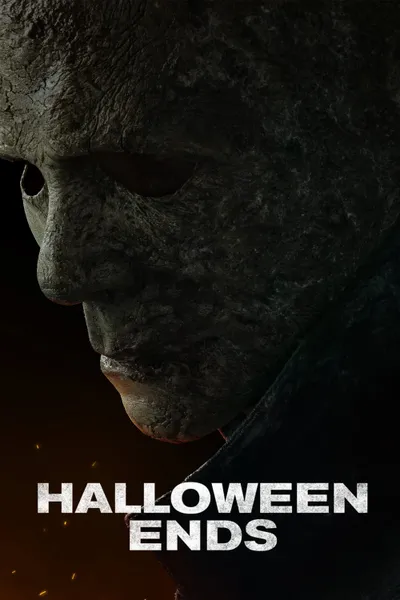Reviews
Brent Marchant
September 21, 20249.0
Possessing profound philosophical, metaphysical and theoretical scientific knowledge can provide us with unique insights into the nature of existence and how reality comes into being, and aspiring to the attainment of that wisdom is undoubtedly a noble and worthwhile goal. But, in all truthfulness, what good is that knowledge if we lack the practical, plainspoken common sense to know what to do with it, particularly when it comes to shaping the destinies of our own lives? Does such a lofty objective truly lead to meaningful satisfaction and genuine fulfillment? Those are the questions faced by fifty-something writer and scientist Zoya Lowe (Mary-Louise Parker) when confronting her impending mortality, an outcome she’s successfully been able to circumvent by employing novel means to avoid it. The catch, however, is that she can only use these enigmatic measures to rewind the clock of her life by a week, a pattern that keeps repeating nearly identically in each case. They may help her stave off death, but do they produce an innately satisfying result? And why can she only go back in time for one week – why not longer and why not past the same end point in each case? After becoming bored with this endlessly repeating scenario, she decides to pursue a different course by launching an investigation into the mechanics of time travel with the aid of an ambitious laboratory assistant (Ayo Edibiri) with whom she has an unexpected chance encounter. However, once their work begins, they come no closer to finding a solution, prompting Zoya to engage in some heavy-duty introspection about such issues as did she make the most of her life up to the start of her final fateful week and what, in fact, constitutes the nature of bona fide corporeal fulfillment? Indeed, she must ask herself, what really matters in life and does her extensive knowledge truly help her understand it? Writer-director Bernardo Britto packs a great deal of genuinely thoughtful material into this intelligently conceived, smartly written, at times poetic story that explores heady sci-fi topics from an intensely personal, extremely intimate standpoint, something rarely seen in films from this genre. It accomplishes this without relying on an abundance of glitzy special effects, instead employing some of the most effective film editing I’ve ever seen, presenting vivid imagery with dazzling, dramatic, rapid-fire precision to captivate audiences and hold viewer attention. It also features what’s arguably Parker’s best on-screen performance, revealing a dynamic range of emotions from joy to sadness to vulnerability not often seen in characters in narratives such as this. There’s a fair amount of well-placed comic relief, too, inspired by the narratives of films like “Groundhog Day” (1993) but without being an obvious copycat. Admittedly, the picture drags a bit at times in the second half (at least by comparison to the sustained frenetic pace of its opening act), but that’s more than made up for by the emotionally affecting closing sequence, one that’s sure to melt viewers’ hearts. “Omni Loop” is unlike most other science fiction offerings that most of us have probably seen, but it’s one well worth a look, especially for the lingering impressions it’s likely to leave on us and the soul searching it’s destined to prompt, considerations we should all bear in mind when it comes to the lives we create for ourselves, undertakings that we should strive to handle skillfully, with a sense of joy and an aim for achieving the greatest degree of fulfillment attainable.
Recommendation Movies
Raw Justice1994
Stromae: Racine carrée Live2015
I've Gone Viral2023
F Marry Kill2025
My Penguin Friend2024
The Wolf of Snow Hollow2020
Slingshot2024
M*A*S*H1970
Logan's Run1976
Next Goal Wins2023
Fried Green Tomatoes1991
Role Play2023
News of the World2020
Mission: Impossible - The Final Reckoning2025
The Monkey2025
Monkey Man2024
The Hate U Give2018
The Disaster Artist2017
Public Enemies2009
Halloween Ends2022
© 2025 MoovieTime. All rights reserved.Made with Nuxt
